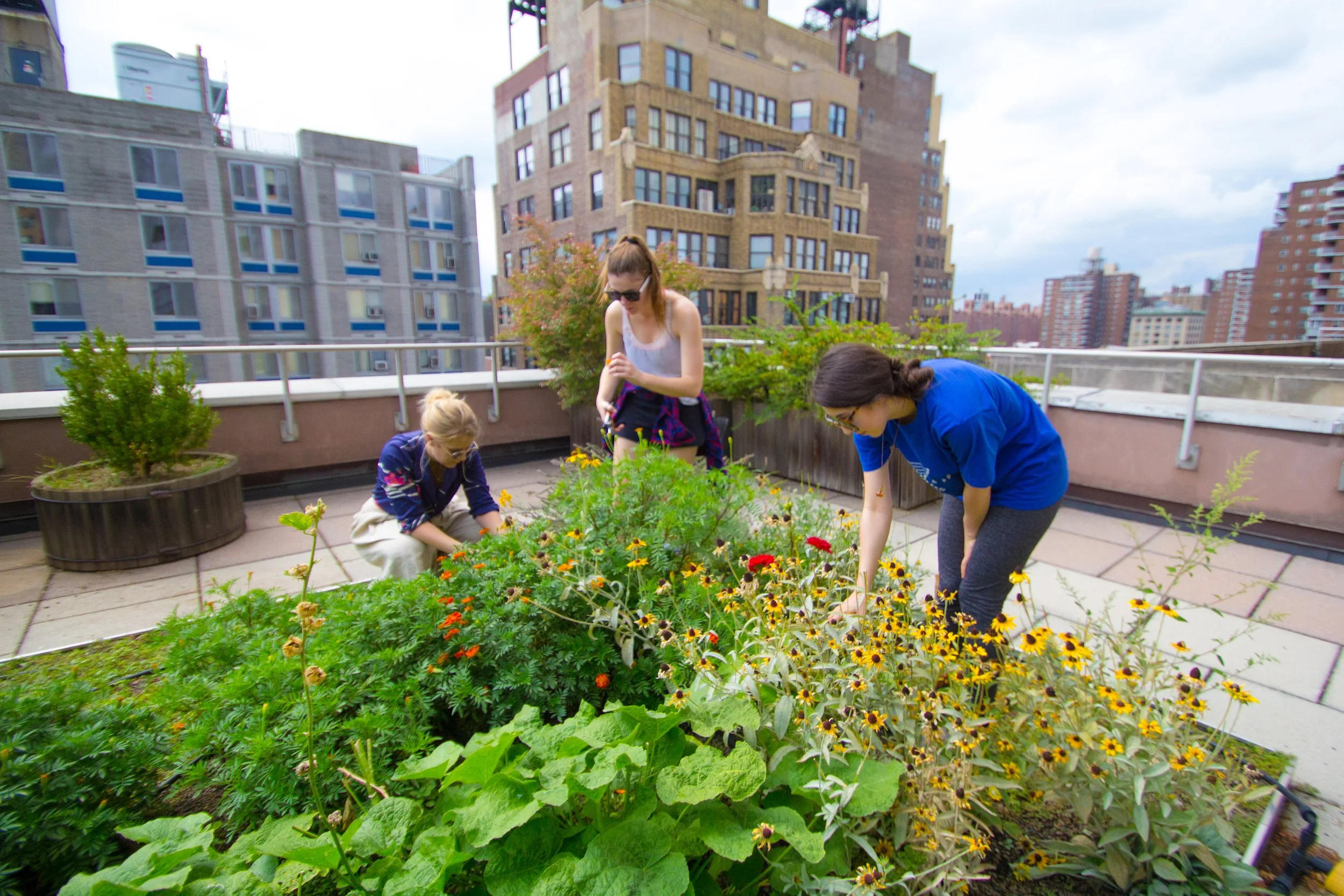Sustainable Fashion at the Heart of Education: The Future of FIT
By Jeanine Ballone
In the heart of New York City, the Fashion Institute of Technology (FIT) is leading the charge in redefining fashion through a steadfast commitment to sustainability. This esteemed institution serves as a training ground for aspiring designers, where creativity is paired with a profound sense of responsibility toward the environment. Under the leadership of Dr. Joyce F. Brown, FIT is not only equipping students with the skills to create garments but also fostering critical thinkers who understand the impact of their choices on the planet.
Sofie Hultbom
A pivotal highlight of FIT's sustainability efforts was the recent Future of Fashion runway show, which featured an array of sustainably developed looks. Among the standout creations were those of Critic Award winners Madeline Hausner and Sofie Hultbom. Hausner’s collection included a floral chenille bedspread coat, made from a vintage 1960s bedspread sourced from a flea market, paired with a freeform crochet tank and recycled leather patchwork pants. She passionately states, "I want to promote individuality and self-expression and create more diversity and people to feel more comfortable." Hultbom showcased a striking pink cone-bra corset and mini bubble skirt, crafted from upcycled fabrics. Her commitment to sustainability is clear: "I only use sustainable materials because there are more than enough clothes and textiles in the world and most of it goes to waste."
Beyond the runway, FIT embodies sustainability in its everyday practices. The institution has achieved recognition as a sustainability leader from the New York State Energy Research and Development Authority (NYSERDA), thanks to its ambitious carbon reduction goals and clean energy initiatives. The green roofs atop FIT’s buildings not only enhance the campus aesthetic but also contribute to energy efficiency, carbon absorption, and effective stormwater management. Additionally, the Natural Dye Garden, established in 2014 as part of a student project, promotes eco-friendly dyeing practices using plants to create non-toxic fabric dyes, addressing the environmental burden of global textile production.
Madeline Hausner
Moreover, FIT actively engages with the community through initiatives like its rooftop beehives, which serve as a living laboratory for students to learn about the crucial role of bees in our ecosystem while producing wax and pollen-related products. Solar panels installed on campus further exemplify FIT's commitment to sustainable energy, generating electricity that powers essential facilities.
Looking to the future, FIT is constructing a new academic building that incorporates numerous sustainable innovations, including energy-efficient heating and cooling systems and smart classrooms that maximize natural light. This facility will advance FIT’s mission of significantly reducing its carbon footprint, building on a reduction of more than 55 percent achieved in the last decade.
As we reflect on FIT's inspiring efforts, it becomes evident that both the fashion community and individuals can contribute to sustainability. By making thoughtful choices—such as investing in quality garments, supporting sustainable brands, and promoting responsible practices—we all have the power to influence the fashion industry’s direction. Viewing sustainability as a core aspect of our daily lives encourages a culture that values both people and the planet, proving that meaningful change is achievable in our everyday decisions.
HOW DO YOU FEEL ABOUT FASHION?
COMMENT OR TAKE OUR PAGE READER SURVEY
Featured









Selecting a piece of jewellery intended to last a lifetime is a deeply personal and significant decision.